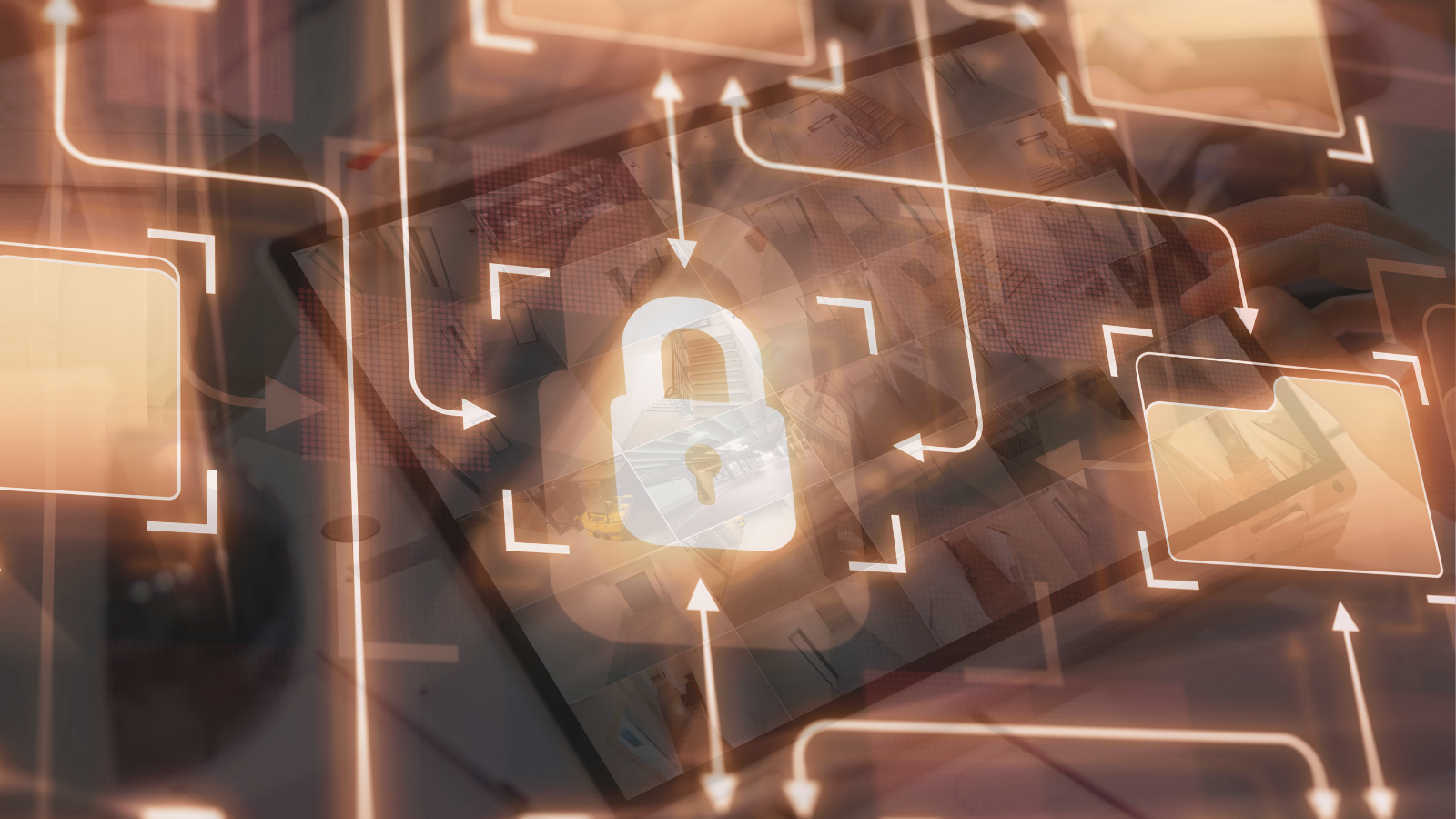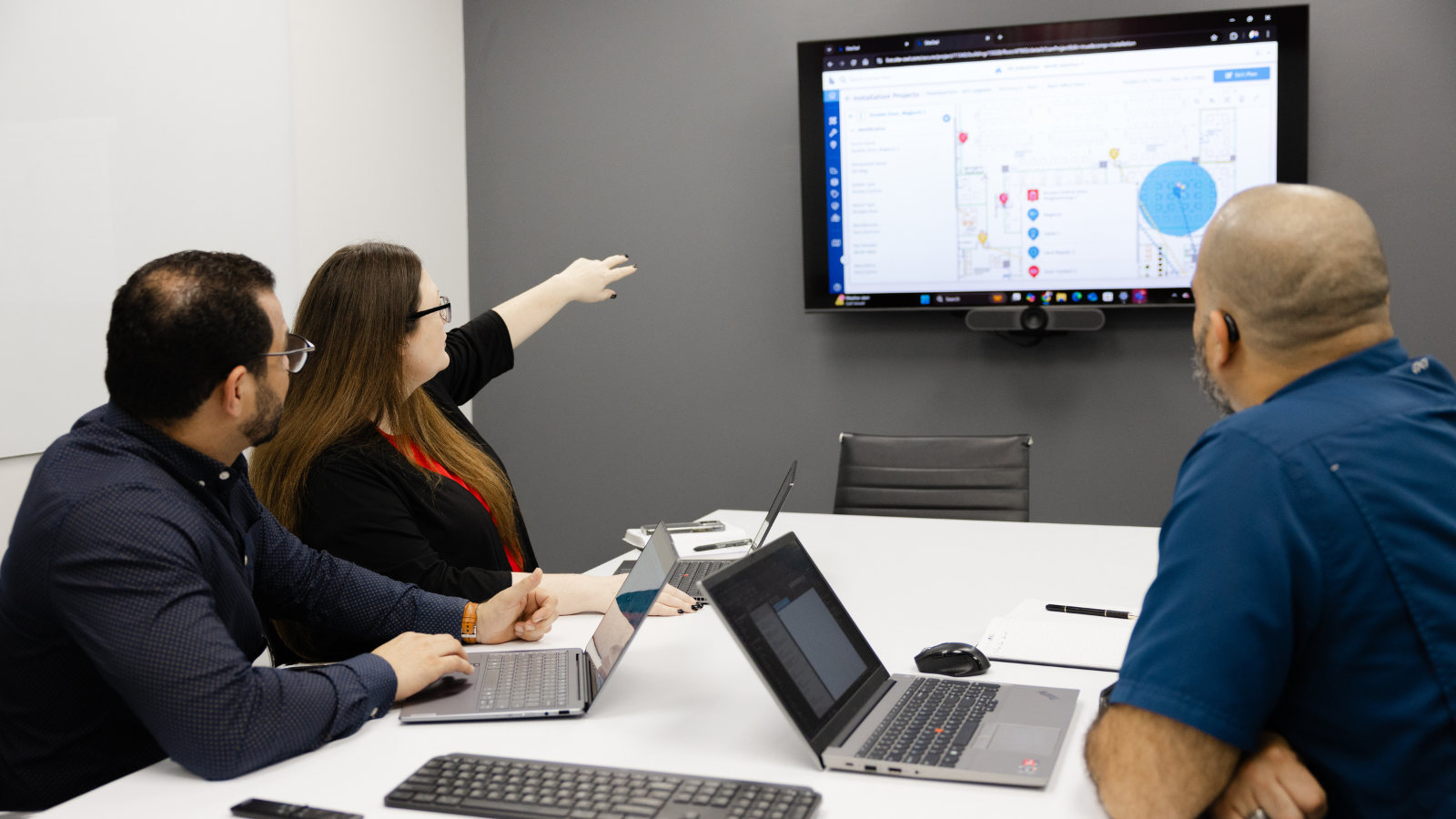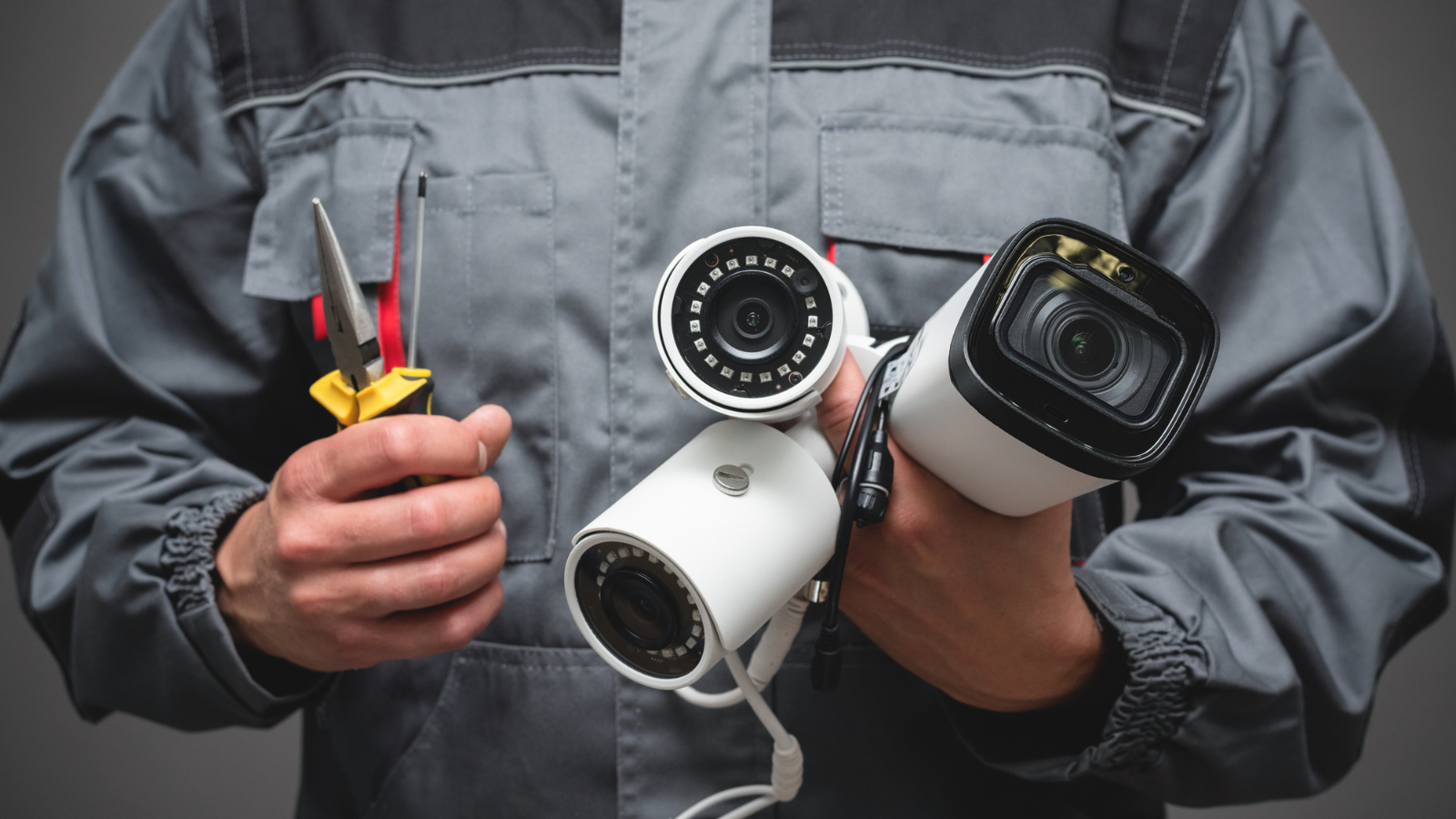Effective physical security planning and procedures are critical for maintaining safe and secure campuses. Higher education institutions can protect their reputation, increase enrollment, and strengthen their security readiness by creating a secure campus environment for staff, students, and their families.
While 9 out of 10 campuses regularly use security cameras and access control systems, most still rely on external system integrators or busy internal maintenance teams to proactively manage their physical security systems.
The concepts below outline how colleges and universities can strengthen their security posture while maintaining welcoming environments for students, faculty, and staff. Make sure to look out for the three campus security actionable tips throughout this article to learn more about how colleges and universities can confidently manage their physical security systems.
Campus security challenges
By their very nature, college campuses are open and accessible to all. Although this fosters an ability to learn, it also presents security challenges that must be addressed. Historically, the most common crime on college and university campuses included:
- burglaries (42%),
- sexual harassment (31%)
- motor vehicle thefts (12%)
In addition to these crimes, higher education institutions must deal with the increasing problem of gun violence and cyber threats that continue targeting educational institutions. While there’s no one-size-fits-all security solution for higher education campuses, a layered, system-based approach is often the most effective framework for physical security measures.
- Campus security tip#1: Identify Resources. College and university campuses must have a solid understanding of their security assets and key device information to address risks and vulnerabilities. Learn more…
Campus security a layered systems-based approach
Taking a layered systems-based approach to physical security requires a combination of technology and procedures that work in tandem with personnel and staff to provide the highest possible level of detection and protection capabilities.
To understand what a layered, systems-based approach requires, we must understand the concept of layered security as well as how systems-based principles work in real-world settings.
Layered security for college campuses
In general, security experts agree that a layered security approach works best when multiple solutions are used as long as there is good lifecycle management. Most college campuses already have various physical security layers that exist at the school including
- the campus grounds perimeter layer,
- building perimeter layer
- building interior layer
- classroom layer if supported by secured doors
In addition to these physical layers, the Cybersecurity and Infrastructure Security Agency (CISA) encourages schools to invest in physical security technologies to address local security concerns and mitigate risks. To achieve that goal, most higher learning institutions choose a systems-based framework.
Systems-based framework
A systems-based framework requires a combination of traditional physical security measures and well-integrated security equipment and technology.
But it’s not all about walls and security cameras. Campus security leaders must ensure that the measures they put in place complement their building design features, personnel and staff, and current policies and procedures all work together in a cohesive manner.
- Campus security tip#2: Maximize System Uptime. College campuses are busy places, and for campus security to remain effective, they need to ensure that all physical security systems are well maintained and operational. Learn how…
Maintaining physical security systems
Although the maintenance of physical security systems isn’t nearly as exciting as the design and purchase phases, maintaining video surveillance and access control systems is critical for effective campus security.
A recent survey highlighted that less than 40% of higher education facilities maintain their security camera systems regularly. Accordingly, colleges and universities should strive to be more proactive and less reactive on all things relating to physical security maintenance and infrastructure.
The challenge lies in the sheer number of different technologies needed to provide campus security and the distribution across a campus(s) in a district or region. In other words, for campus safety and security leaders to effectively manage their physical security systems, they need the tools and data necessary to:
- Remotely manage multiple campus locations at scale.
- Keep up with warranties and streamline maintenance processes.
- Collaborate with system integrators and standardized service.
In short, campus security leaders need a platform to streamline this process so that all systems are well maintained and ready in the event of the unthinkable.
- Campus security tip#3: Conduct regular system audits and maintenance. College and university campuses need to monitor ongoing service issues and conduct system-wide audits to identify and fix security gaps.Learn more…
Summary
The equipment, technology, and design features that local education agencies have in place at their schools are all interrelated and have costs and other implications that local education agencies will need to consider.
When it comes to a campus’s physical security, all interconnected technologies and building design features must work together to detect, delay, and respond to threats. That’s why campus security leaders must adopt a proactive, layered, systems-based approach that prioritizes physical security integration and routine maintenance.
By leveraging technology and using lifecycle management platforms like SiteOwl, college campus security departments can improve security, lower risk, and maintain an open campus through better security system management.
Want to learn how?Request a demo today!

Su Subburaj
Su is SiteOwl's CMO and leads all marketing and communications. Su has extensive strategy and management consulting experience and previously consulted for 3Sixty Integrated where she gained an in-depth understanding of digital transformation challenges in the physical security industry. When not working on strategies to expand SiteOwl's footprint, Su enjoys bad karaoke, weightlifting and traveling.




